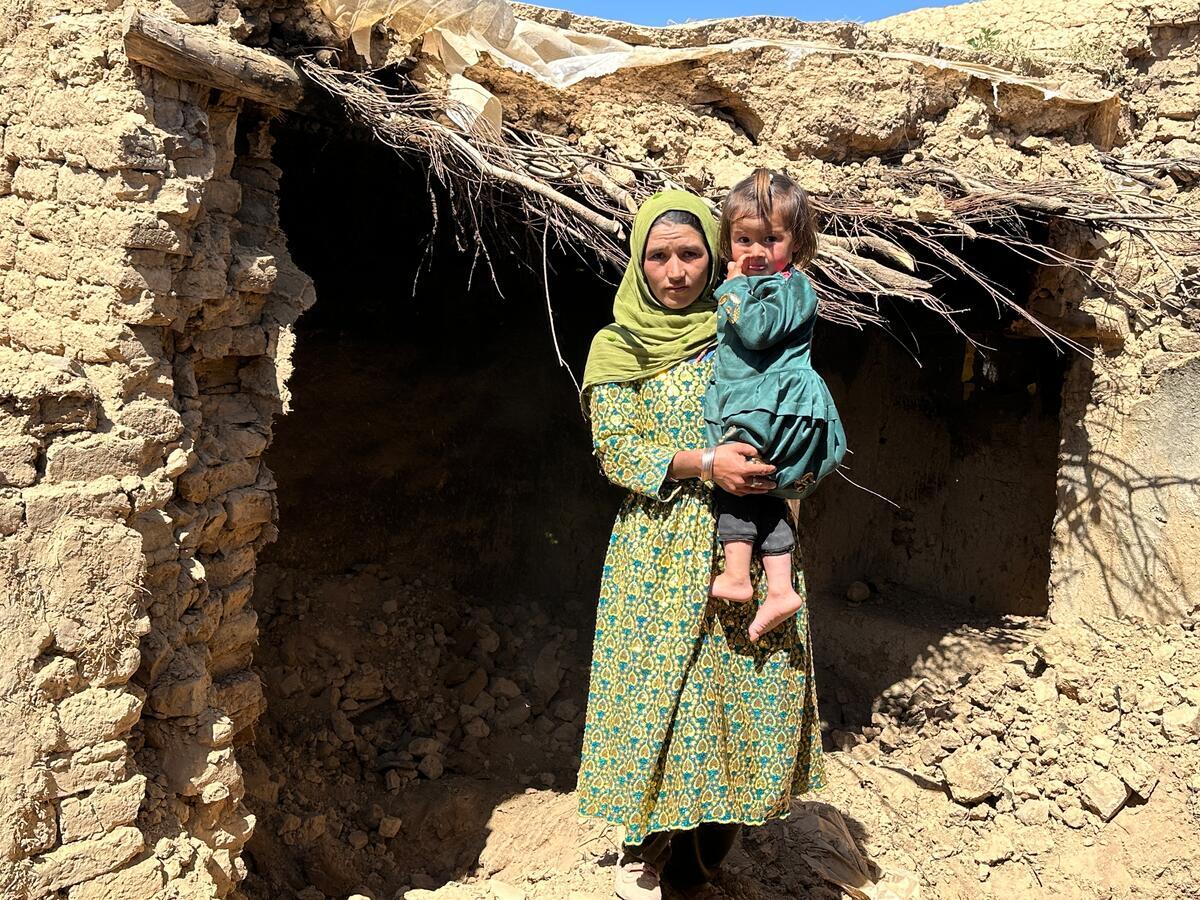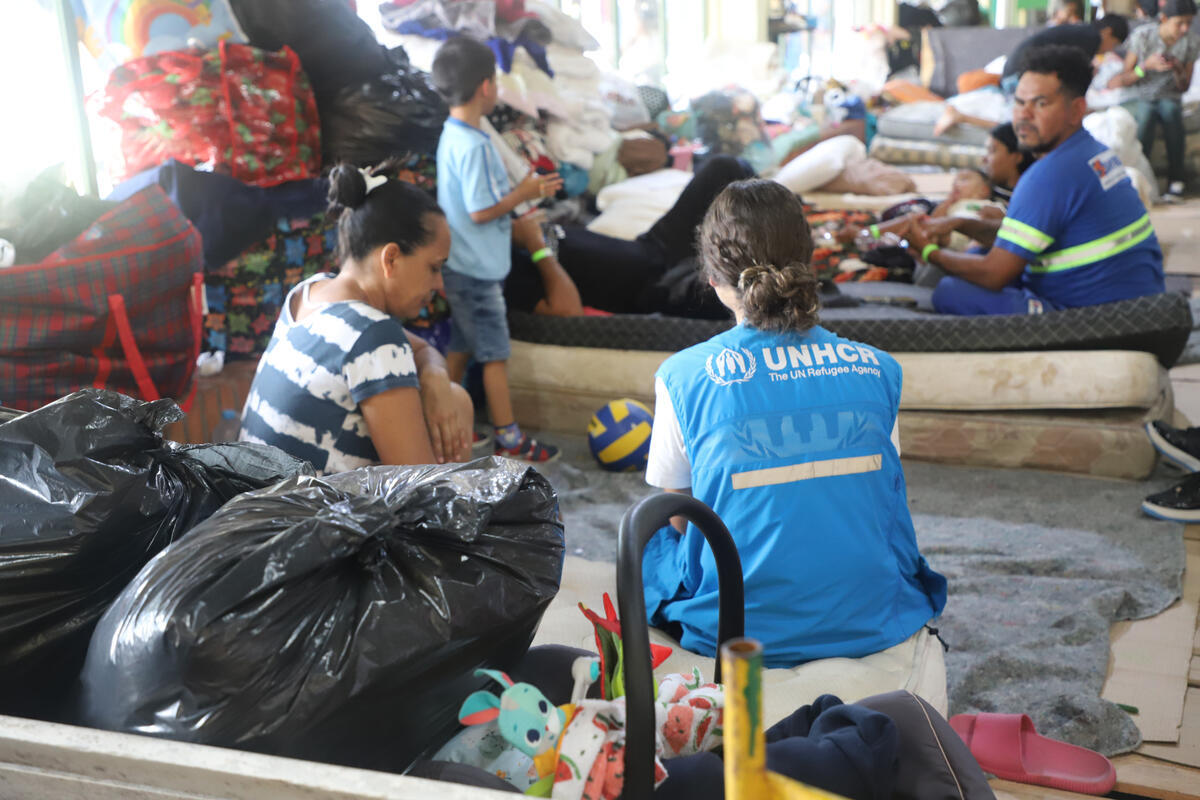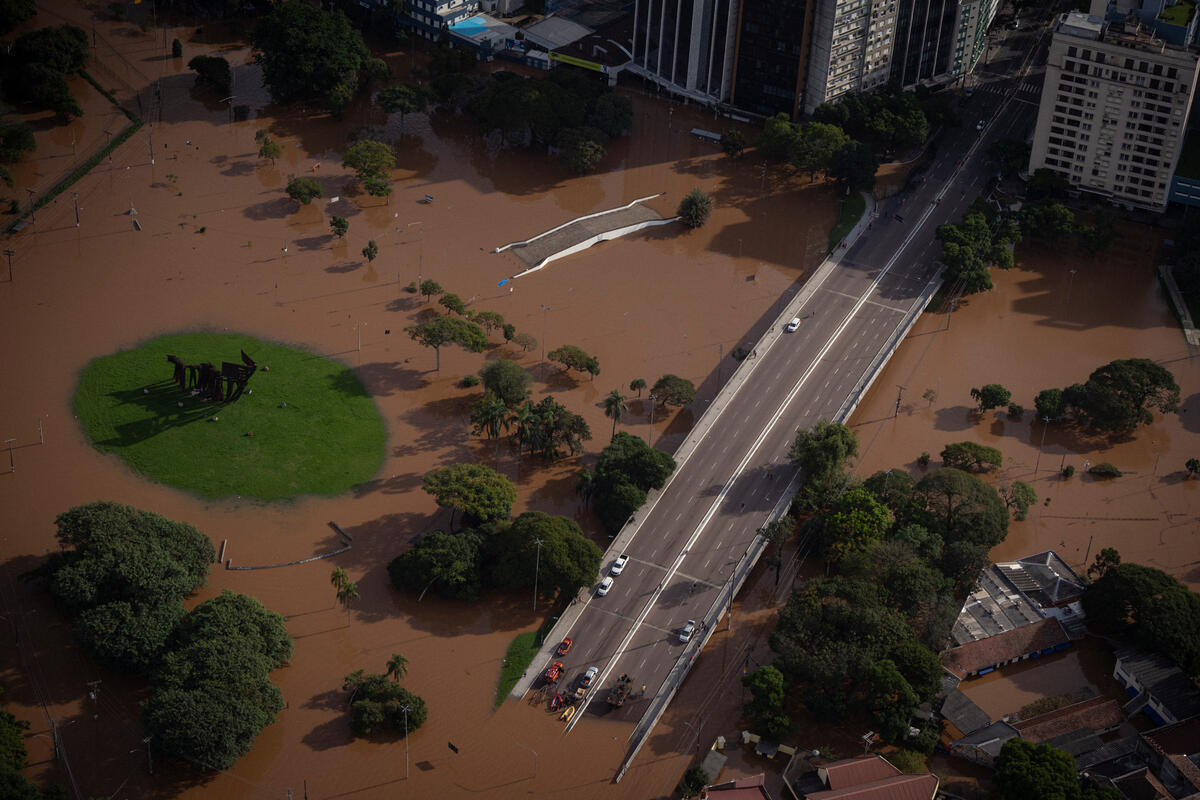Citing lack of aid and fear of bombings, more Afghans flee towards Pakistan
Citing lack of aid and fear of bombings, more Afghans flee towards Pakistan

New Afghan refugees arrive in Pakistan's Roghani camp.
CHAMAN, Pakistan, Jan. 3 (UNHCR) - Citing the lack of international aid, fear of new bombing raids, and the devastating effects of a three-year drought, thousands of Afghans massed in the "no-man's land" near the Pakistani border Thursday as relief workers scrambled to accommodate them.
An estimated 3,000 Afghans could be seen from the border post at the Chaman crossing, and arriving refugees said more were waiting further inside Afghanistan.
There were no reliable figures on the number of Afghans hoping to enter Pakistan, and it was too early to say whether the new arrivals reversed the recent trend that saw tens of thousands of people spontaneously return home from Pakistan and Iran.
Since the refugees began arriving early Tuesday, UNHCR moved some 1,000 people to the Landi Kareze camp, about 15 kilometres west of Chaman border. Work was underway to expand the reception capacity of other camps, which already host more than 30,000 people.
Aid workers say the new influx of Afghans into Pakistan stemmed from a worsening humanitarian situation in southern Afghanistan which, unlike the north-west of the country, continues to be off limits to aid workers because of the fragile security situation.
Most of the recently arrived refugees came from the nearby Afghan town of Spin Boldak, which for months has housed tens of thousands of internally displaced Afghans. They cited a lack of food and other aid as the main reason for their departure. Others said the three-year-old drought in the region had effectively wiped out their entire livestock and ability to survive.
But refugees who travelled 20 days from the cities of Herat in the north-west and Kunduz in the north-east of Afghanistan said they fled because they feared new bombing raids, which they claimed have caused civilian casualties.
Twenty-eight Kunduz families reportedly had to flee the villages of Karghosi and Faryah in the north-east over two weeks ago, due to bombardment of suspected Al Quaeda sites. Testimony from eight other families coming from the village of Malakbarat in the Herat region also indicated that they fled due to fear of bombardments.







